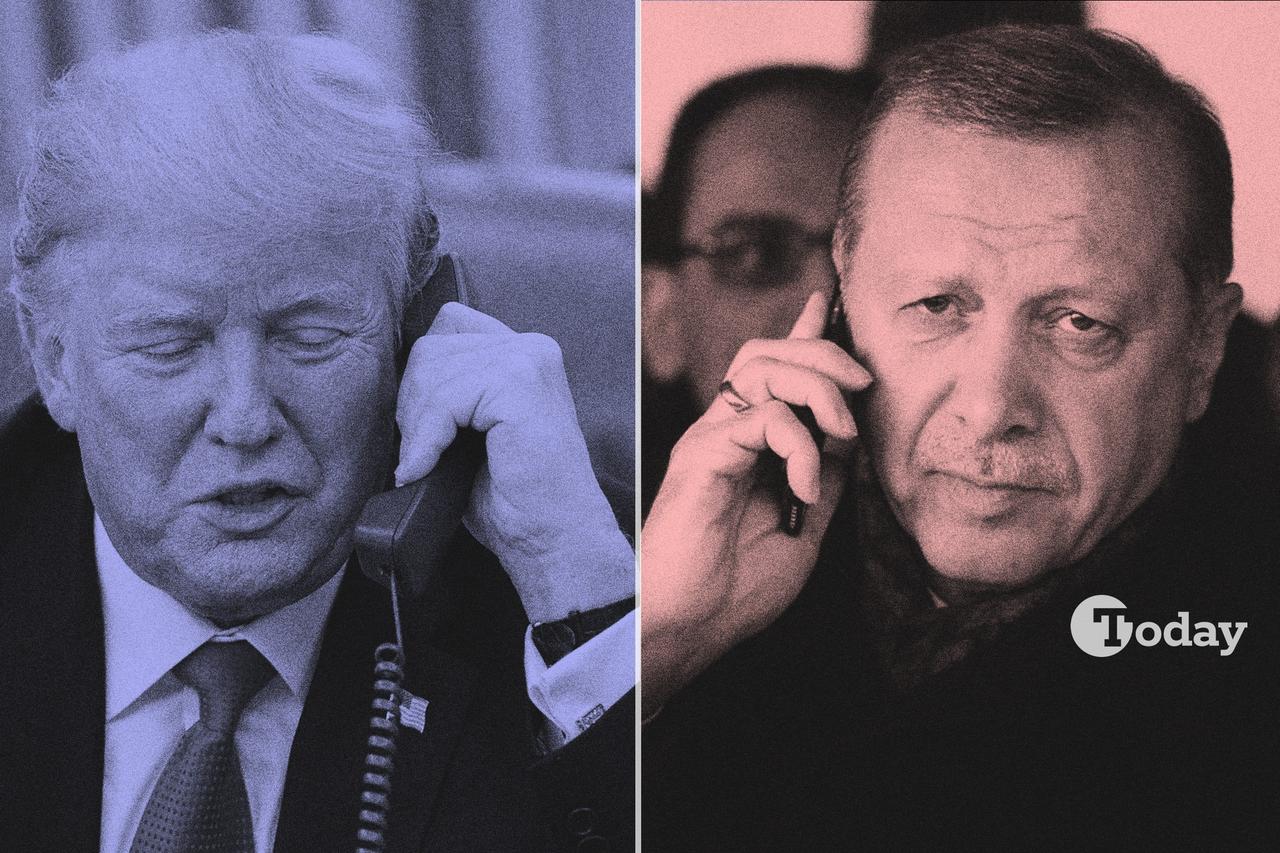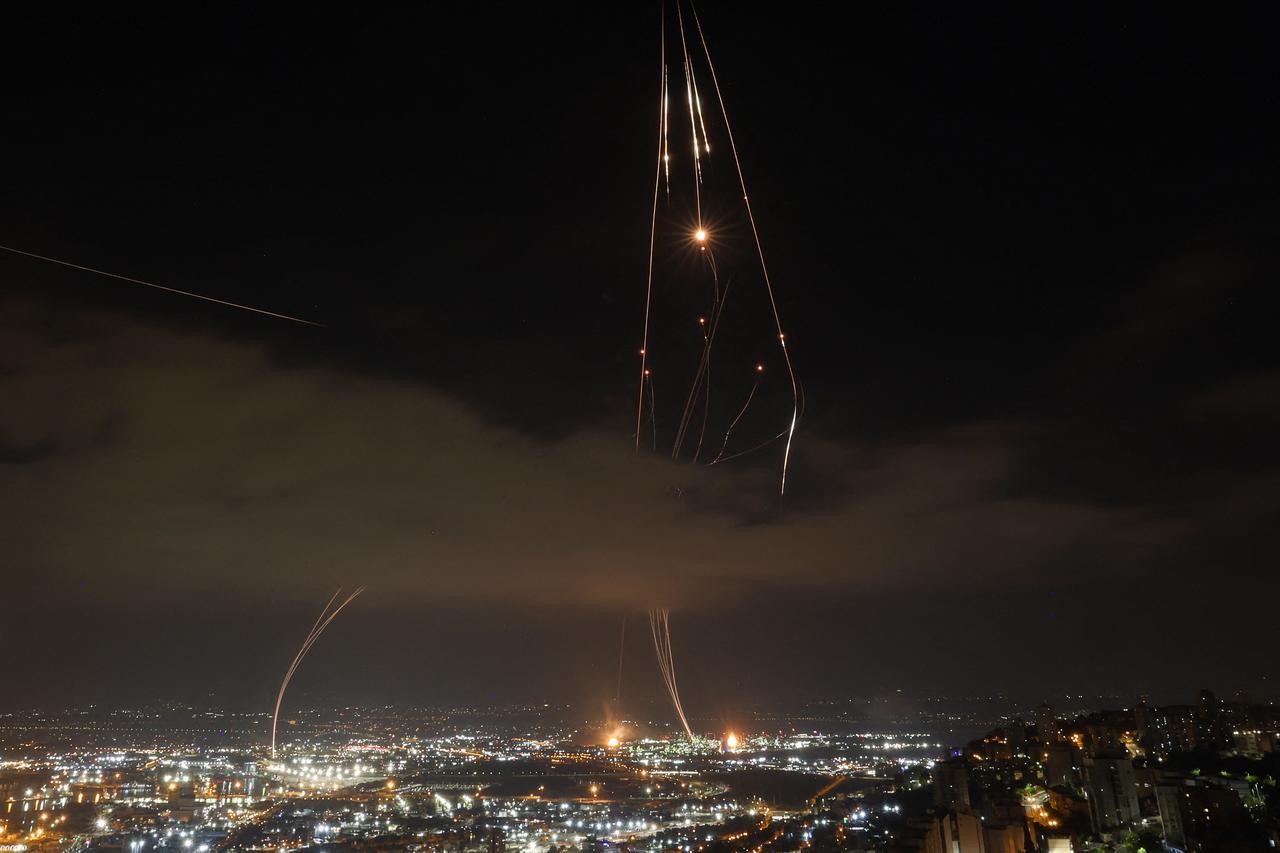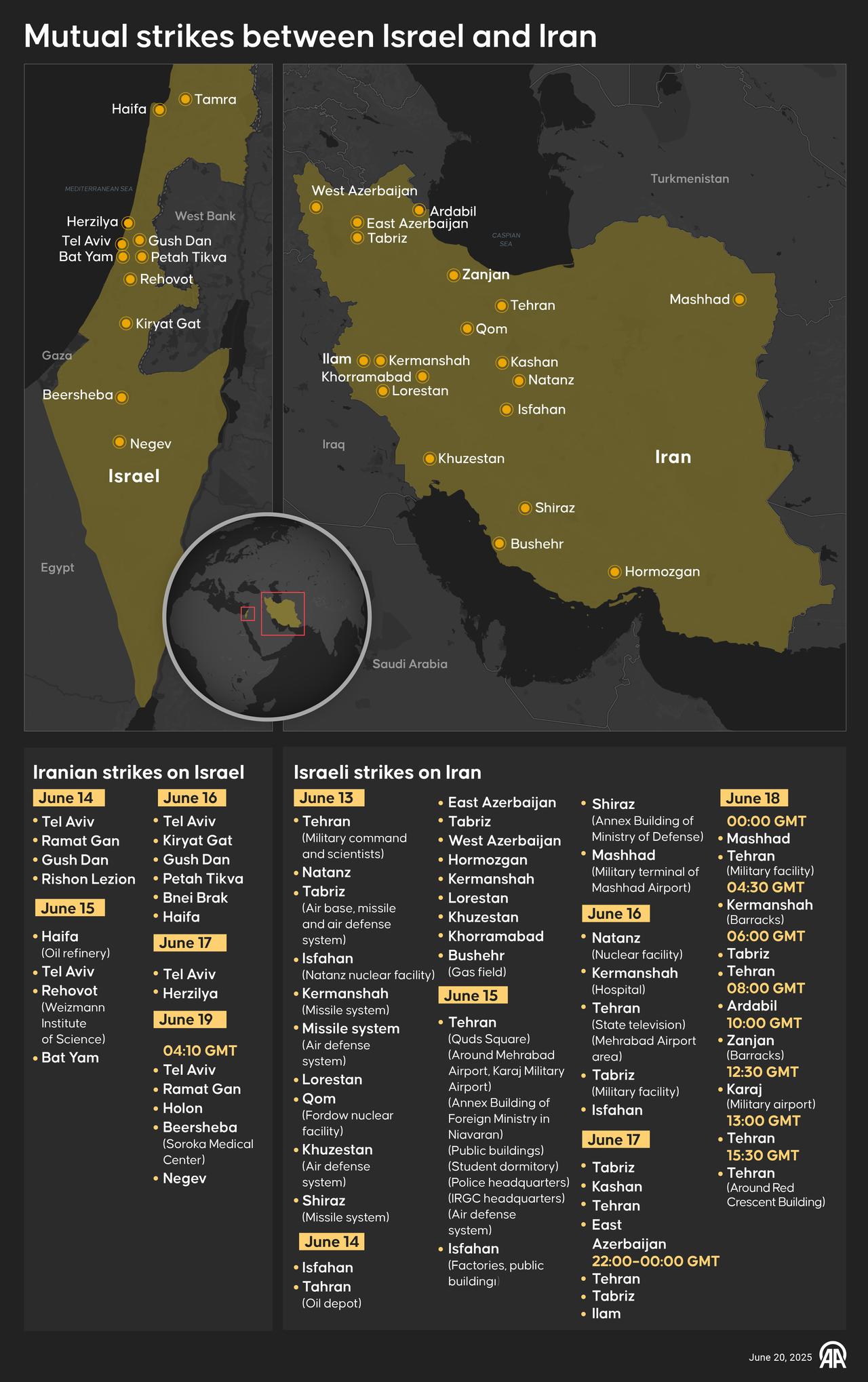
Turkish President Recep Tayyip Erdogan and U.S. President Donald Trump attempted to arrange backchannel talks between the United States and Iran in Istanbul to de-escalate tensions amid Israel’s ongoing conflict with Iran, but the plan reportedly collapsed when Iranian Supreme Leader Ali Khamenei, said to be in hiding, could not approve the effort, Axios reported Saturday.
According to the U.S.-based media outlet, Erdogan proposed the meeting during a phone call with Trump on Monday while the U.S. president was attending the G7 summit in Canada.
Citing three U.S. officials and a source with direct knowledge of the matter, the report said Erdogan offered to host U.S. and Iranian officials in Istanbul the following day to explore a diplomatic resolution.
Trump reportedly agreed to the proposal and told Erdogan he was willing to send Vice President Vance and White House envoy Steve Witkoff — and was even prepared to travel to Türkiye himself to meet Iranian President Masoud Pezeshkian, if necessary to reach an agreement, Axios said.

According to the report, Erdogan and Turkish Foreign Minister Hakan Fidan relayed the proposal to Pezeshkian and Iranian Foreign Minister Abbas Araghchi. In response, Pezeshkian and Araghchi attempted to contact Khamenei to obtain approval for the talks. However, Khamenei — reportedly in hiding due to fears of an Israeli assassination attempt — could not be reached, Axios said, citing U.S. officials.
Several hours later, Iranian officials informed Türkiye they were unable to secure Khamenei’s sign-off. Türkiye subsequently informed the U.S. that the meeting was canceled, the report said.
Following the surge in regional hostilities, Türkiye has repeatedly called for diplomacy. Erdogan earlier urged Trump to pursue a diplomatic track and reaffirmed Türkiye’s readiness to host negotiations aimed at defusing the conflict.
Meanwhile, Trump on Friday dismissed the likelihood of telling Israel to halt its attacks on Iran, warning that Tehran has a “maximum” of two weeks to reach a diplomatic solution.
“I think it's very hard to make that request right now. If somebody's winning, it's a little bit harder to do than if somebody is losing, but we're ready, willing and able, and we've been speaking to Iran, and we'll see what happens,” Trump told reporters after stepping off Air Force One in New Jersey.
When asked about the two-week deadline he mentioned Thursday for deciding whether to launch U.S. strikes on Iran, Trump said it was the "maximum" time he would allow.

“It's just time to see whether or not people come to their senses,” he said.
Iranian Foreign Minister Araghchi had previously signaled a potential return to diplomacy, saying Iran is “ready to consider diplomacy once again once the aggression stops and the aggressor (is) held accountable.” He was referring to Israel’s initial strikes, launched June 13, which triggered Iranian retaliation involving hundreds of drone and missile attacks.
Iran has denied any intent to obtain nuclear weapons, insisting its nuclear program serves only civilian purposes.
The conflict began when Israel launched coordinated strikes on military and nuclear sites across Iran. Tehran responded with retaliatory missile strikes.
Israeli authorities report at least 25 deaths and hundreds of injuries from Iranian missile attacks. Meanwhile, in Iran, 639 people have been killed and more than 1,300 wounded in Israeli assaults, according to Iranian media reports.